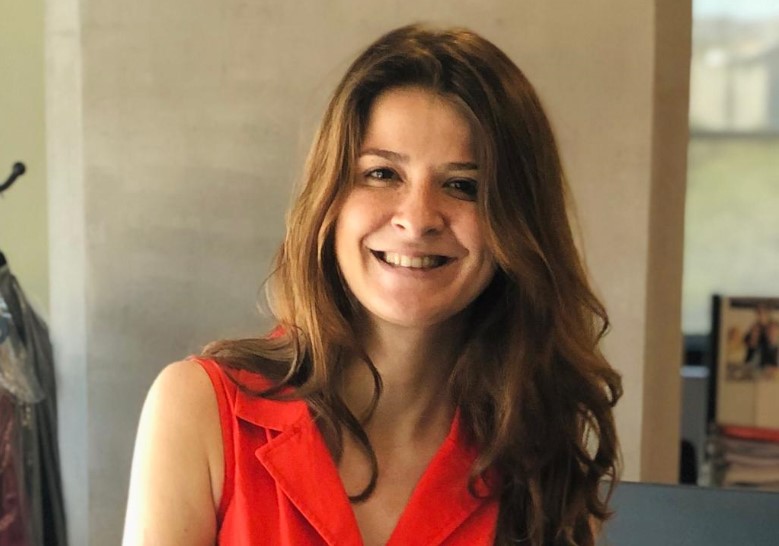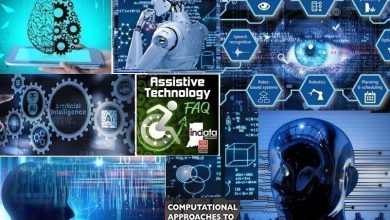
Please tell us a little bit about yourself and your work?
I am graduated from ITU- Istanbul Technical University, Urban and Regional Planning Department, have degrees of Master of Urban Design and Master of Applied Informatics, Ph.D. of Urban Planning. I am currently an academic in the field of informatics in Istanbul Technical University and Director of Smart Cities in Istanbul Metropolitan Municipality.
As a directorate, we research Smart City strategies, applications, architectures, legislations from around the world and carry out necessary work and coordination to determine appropriate architectures, strategies and policies for our city. We determine and monitor all kinds of indicators, ensure coordination and scan indexes within the scope of 9 functional areas and interactors that form both national and international Smart City task areas. We mostly play the role of “the activator directorate” for projects that fall within 9 functional areas of Smart Cities which are Mobility, Energy, Environment, Human, Living, Security, Education, Economy and ICT.
We develop projects by ensuring coordination and cooperation with their relevant units in Istanbul Metropolitan Municipality. We also manage, develop, and maintain IMM Big Data and Open Data Platforms which include the units and subsidiaries as well.
What are the technologies that make a smart city smart and innovative?
A smart and innovative city not only responds to the needs of its citizens. İt also anticipates the aspirations of its citizens. And for this you need to understand your citizens; the diversity of cultures; the physical, economic and social environment.
Technology doesn’t make us smarter. Technology is a tool for collecting information and efficiently processing it. The ‘’smart’’ comes in how we use that information to meet the needs and desires of the public.
Can you sum up the smart city of the future in three words?
Livable, inclusive and innovative
Can you pick one idea or project that your city feels proud of and you would like to share it with us?
In times of crisis the need is great and public resources tend to become scarce. Crises also bring out the best in people. Everyone wants to help and they want to know that the help they provide is going to the right place.
The pandemic has proven to be such a crisis. The Istanbul Municipality’s financial resources are limited and families are desperate.
The Istanbul Metropolitan Municipality took the 12th century Turkish tradition of anonymous giving and brought it into the 21st century. We created an online platform for giving that directly matches people in need with those who want to provide help. And it is anonymous.
We created a system that is simple, trustworthy, anonymous. Furthermore, unlike giving to most charitable organizations, 100% of the help is going to the intended recipient.
From your experience, what are the main challenges in the transition to a ‘smarter’ city?
- Transitioning from a culture where the central government controls everything, including access to data to a culture of sharing data.
- Infrastructure – Smart Cities utilize sensor technology to gather and analyze information in an effort to improve the quality of life for residents. Sensors collect data on everything from rush hour stats to crime rates to overall air quality. Complicated and costly infrastructure is involved in installing and maintaining these sensors. Funding new infrastructure projects is limited and approval processes can take years.
- Security and Hackers -As IoT and sensor technology use expands, so does the threat level to security. This begs the question…is technology really considered “smart” if hackers can break into it and shut down an entire city? So, we need to allocate enough budget to make our system more resilient against cyber-attacks.
- Privacy Concerns – There’s a balance between quality of life and invasion of privacy. While everyone wants to enjoy a more convenient, peaceful, and healthy environment, nobody wants to feel like they are constantly being monitored by “Big Brother.” Cameras installed on every street corner may help deter crime, but they can also install fear and paranoia in law-abiding citizens. Another valid concern is the amount of data being collected from all the smart sensors residents come into contact with each day. We try to alleviate some of the anxieties of smart city residents by adding transparency and education to their solutions.
Prepared by,
Stanislava Angelova
/Editor at DiTech Media/











